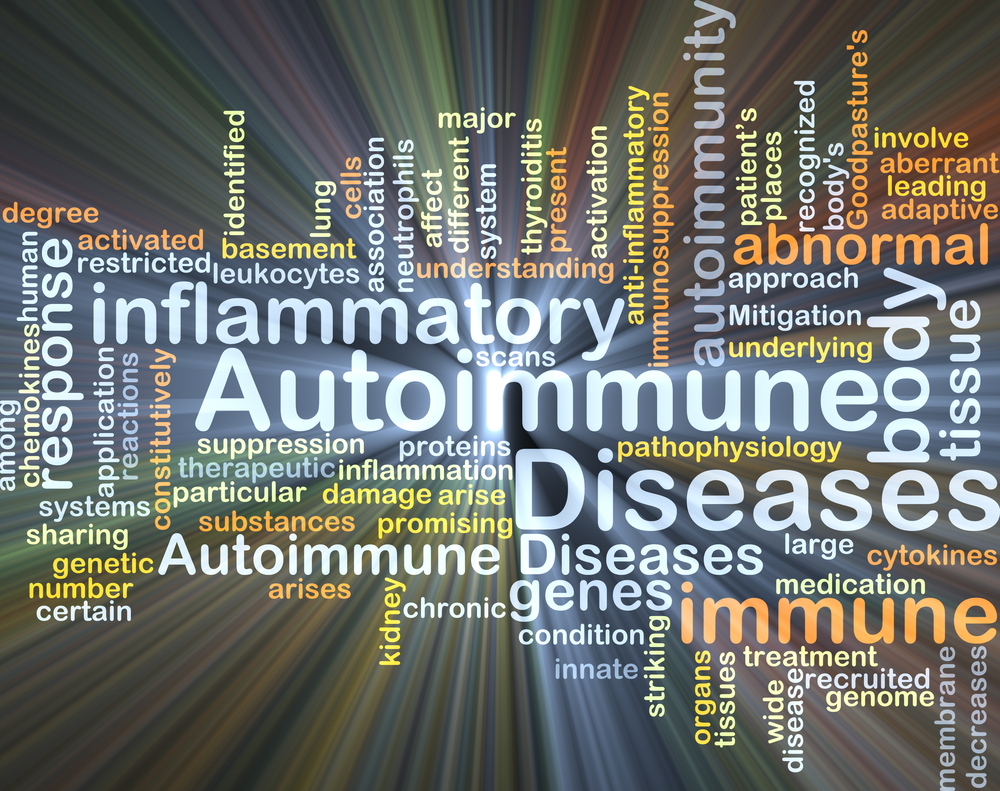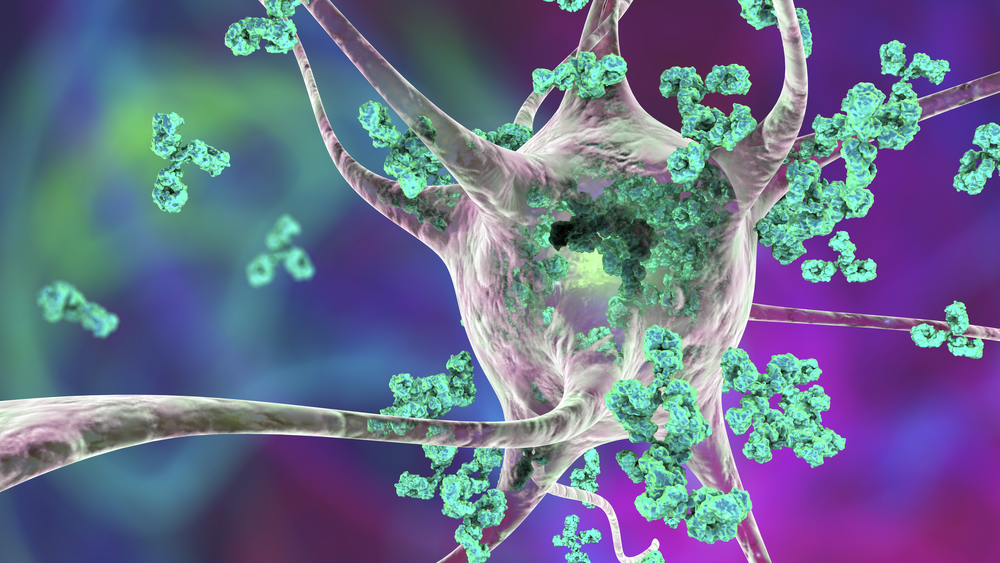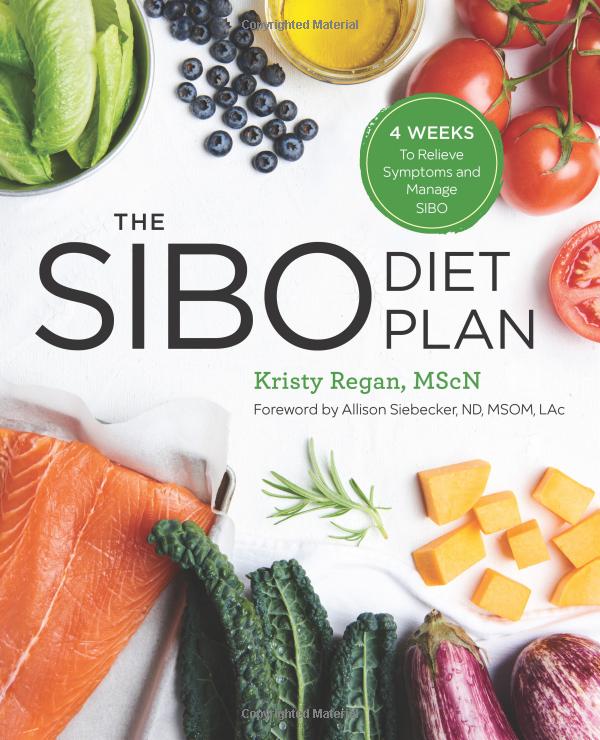You’ve heard of autoimmune diseases, but do you know what causes them? How can you spot the warning signs? What can you do to prevent them? This article will cover everything you need to know about autoimmunity and autoimmune diseases.

This post may contain affiliate links, which means I can receive a commission from any purchase made from the links. I earn from purchases from Amazon links. See the disclosure policy here.
This post aims to create an awareness of autoimmunity to help you prevent and manage autoimmune illnesses.
Autoimmunity occurs when your immune system attacks your body, and it’s rising in countries worldwide. While it may be difficult to understand, learning about autoimmunity and how to prevent it will save your life.
What is autoimmunity?
Autoimmune diseases are disorders of the immune system. The immune system is the part of the body that defends against infection and other health problems.
When you have an autoimmune disease, your immune system mistakenly attacks healthy cells or tissue instead of fighting off what it should.
Roughly 20 million Americans suffer from autoimmune diseases. And it is estimated that autoimmunity, in general, will continue to rise over the next ten years.
Autoimmune disorders are caused by genetic, hormonal, immunological, and environmental conditions. Trauma may increase the risk of developing an autoimmune disease later in life (3).
If you have a family history of autoimmune diseases, like Hashimoto’s thyroiditis or lupus, it is crucial to be vigilant about potential symptoms and identify them as soon as possible.
Be aware of these common signs of autoimmune disease to protect yourself before the damage occurs.

What causes autoimmunity?
The exact causes of autoimmune diseases are unclear, but researchers have identified certain factors that seem to be associated with their development.
Disorders may be heritable in some cases, but research shows that lifestyle and environmental factors determine how genes are expressed.
Recent case studies and personal experiences show the tremendous effect of the environment on autoimmune conditions and other chronic diseases. Staying healthy and avoiding chronic illness has never been harder.
Environmental Factors Trigger Autoimmunity
Many environmental triggers contribute to autoimmune diseases.
These include toxins in our environment, pollution in the air, chemicals in products we use every day, poor dietary habits, and sleep deprivation.
The good news is that you can change your habits to avoid these risks or manage the ones you can’t avoid.
How do I know if I have an autoimmune disorder?
You may have an autoimmune disorder if you have one of many symptoms of autoimmunity. The list is long, and it is essential to see your doctor and find a doctor specializing in functional medicine.
Autoimmune Diseases begin with inflammation. So you may initially experience fatigue, bloating and swelling, and brain fog. And these symptoms are your first big RED flag that your health is declining.
Immune cells recognize self-antigens as foreign invaders and release molecules to protect the body.
While healthy immune responses are, some people experience an over-stimulated immune response that causes damage to their cells.
An over-stimulated immune system can lead to autoimmune disorders.
How can I prevent autoimmunity?
Many autoimmune diseases are genetic, so even if you’re at risk, there are steps you can take to decrease your chances of developing an autoimmune disease.
One fundamental way is to remove any environmental factors that may trigger your immune system.
For example, someone with lupus should avoid getting pregnant because pregnancy hormones can aggravate this condition (1).
By checking for environmental triggers and removing them from your life, you can lower your risk of developing an autoimmune disease.
Many triggers occur in the diet, and patients see a swift improvement in symptoms when making the necessary changes. Diet and lifestyle significantly effect the outcome of autoimmune disease. Preventing autoimmunity with diet may be possible and is definitely worth trying.
Do This to Reduce Your Risk of Autoimmune Diseases
Reduce Stress
One of the best ways to prevent autoimmune diseases is to reduce your stress levels.
Decades of studies reveals that high levels of psychological stress lead to a decline in natural killer cells, which is part of the immune system’s first line of defense against viruses, bacteria, and cancer (2).
A great way to beat stress is to get outside. Spending time outdoors is necessary for good physical and mental health. Next time you are feeling overwhelmed, anxious, or depressed, give nature therapy a go!
Practice Intermittent Fasting
Fasting for at least 12 hours in 24 hours gives the body a chance to reduce inflammation, which will help reduce your risk of autoimmunity.
Moreover, fasting is a powerful tool to fight oxidative stress – the root cause of many chronic diseases. I highly recommend The Complete Guide to Fasting by Dr. Jason Fung, and expert on fasting.
Get Enough Sleep
Sleep is the time when your immune system recovers. If you are not getting enough sleep, your body will start to fight against itself, which can lead to autoimmune diseases.
To prevent this, get enough sleep and provide your body with what it needs for optimal functioning, so it doesn’t attack its cells.
Mind Your Circadian Rhythms
Research shows that disrupting your natural circadian rhythms spark an inflammatory response which can lead to autoimmunity and chronic disease.
To prevent this, get enough sleep and provide your body with what it needs for optimal functioning, so it doesn’t attack its cells.
If you have trouble sleeping, work the third shift, or spend a lot of time on your phone after dark, consider reading the book Circadian Code. The author explains the importance of minding your circadian rhythms, and how you can reverse disease by doing so.
It delves into the research on how significant a natural sleep-wake cycle is to your health.
Spend Time in the Sun
Sun exposure is vital to human health. Although too much sun can damage DNA and cause cancer, not getting enough sun is also dangerous.
Most of the population is deficient in the hormone Vitamin D. This is an essential steroid produced in our cells when we get adequate amounts of sunlight.
Supplementing with Vitamin D3 is helpful and vital for most people unless you live and work outside and sport a fashionable loin cloth.
Eat a Nutrient-Dense Paleo Diet
Everyone should be more careful about the foods they eat. The Standard American Diet (SAD) is highly inflammatory. Processed foods and conventionally farmed grains are slowly killing us.
That’s why an anti-inflammatory diet is essential. These diets reduce inflammation, which lessens the symptoms of these illnesses while helping you maintain a healthy weight.
Ketogenic diets such as Paleo or Pegan help eliminate the bad foods, but they must contain a large amount of low-starch, nutrient-dense vegetables.
Ask your doctor about the Low FODMAP diet. Diets like the Low-FODMAP Diet can help manage your autoimmune symptoms, reduce the risk of an autoimmune disease, or put you into remission.
Because the causes of autoimmune diseases are so unknown, it’s important to know that there is a lot we don’t know about prevention. However, there are plenty of people who find that changes in diet make a huge difference.

Avoid Conventionally Farmed Grains
Let me repeat: choosing better, organically farmed grains than standard wheat and corn is critical.
Organic grains have more nutrients than conventionally farmed grains, and less contaminants like pesticides.
Choosing sustainable nutrition from local farm stands and markets before shopping the grocery aisles is best. And it is good for the community and the planet.
In the book The Wahls Protocol, reducing your exposure to gluten and conventionally farmed grains like corn is non-negotiable, and for good reason!
First, eliminate all grain-based foods like bread, cereal, granola bars, pretzels, pasta, and baked goods like muffins or pizza crust.
However, some naturally gluten-free grains are safe for some people with autoimmune symptoms.
These include rice, millet, buckwheat (soba), amaranth, sorghum, quinoa, tapioca (cassava), potato starch flour, and plantain flour.
Rice, in particular, is a staple food for many people in Asia who have no problems with it and is an excellent replacement for wheat or other cereals.
Read Next: Learn more about how genes react to your environment.
Add Probiotics and Prebiotics to Your Diet
Probiotics and prebiotics can help you maintain a healthy gut balance to promote immunity. Be sure to include natural probiotic foods like kombucha, kefir, dark chocolate, sauerkraut, pickles, and kimchi.
Also, consider taking a high-quality probiotic supplement with many different strains of bacteria specially formulated for autoimmune-friendly gut support.
I swear by this probiotic! It has been a game-changer for helping me lose stubborn weight and improve insulin resistance. -Tara
Test for Leaky Gut Syndrome
Leaky gut syndrome is a condition where microscopic holes develop in the intestines due to increased intestinal permeability.
Caused by an imbalance of the healthy bacteria in your digestive tract, a leaky gut can lead to the entrance of large, undigested food particles, toxins, chemicals, or other undesirable substances into your bloodstream.
With our immune system already burdened with fighting off thousands of foreign invaders daily, leaky gut syndrome can add significant stress. Do you have an unhealthy microbiome?
Avoid Exposure to Infections

Try these tips to avoid exposing yourself to triggers that may cause autoimmune symptoms:
- Wear a mask in public during cold and flu season.
- Be mindful when caring for sick family members, and try to reduce your exposure risk.
- Wash your hands often.
Regular hand washing can go a long way in preventing infection and illness, but it can also help limit contact with allergens. Handwashing not only cuts down on potential allergens but also removes potentially harmful chemicals from your hands.
Just remember to use a soap made with natural chemicals and fragrances and does not include an antibacterial ingredient like triclosan, which can disrupt the healthy microbiome on your skin.
Ditch Toxic Products That Could Trigger Your Immune System
Replace anything with synthetic fragrances with naturally-scented products
Many people with autoimmune diseases have to avoid artificial fragrances in products like perfumes, soaps, laundry detergents, lotions, body sprays, hair dyes, and nail polish because they trigger allergic reactions.
Getting rid of everything synthetic is a life-altering experience and can be difficult for most people. From personal care to household cleaning supplies, they are everywhere. Most items that contain synthetic fragrances also contain endocrine disruptors and carcinogens. Rid yourself of all of them.
Luckily for those with autoimmune disorders, it is possible to find products that do not contain harmful chemicals. We created a handy guide for you below!
Keep Your Living Spaces Clean to Reduce Autoimmunity Triggers
Especially clean where you spend a lot of time. Vacuum regularly and use damp cloths or towels for spills.
These simple steps will help keep dust mites at bay, one of the most common sources of allergies in people with autoimmune diseases such as asthma or eczema.
How can I learn more about Autoimmunity and Autoimmune Prevention?
Unlike bacterial or viral infections, autoimmune diseases begin within our cells.
A healthy immune system identifies a foreign invader and fights it off. However, when you have an autoimmune disease, your immune system mistakenly attacks the body’s cells.
Keep educating yourself and find a support system to help you achieve better health through diet and lifestyle.
And of course, keep reading articles like this one, and join the TFH community for more inspiration and motivational support.
References and Further Reading
- Lupus and Pregnancy. (2022, July 5). Centers for Disease Control and Prevention. Retrieved September 9, 2022, from https://www.cdc.gov/lupus/basics/pregnancy.htm
- Seiler, A., Fagundes, C. P., & Christian, L. M. (2019, November 28). The Impact of Everyday Stressors on the Immune System and Health. Stress Challenges and Immunity in Space, 71–92. https://doi.org/10.1007/978-3-030-16996-1_6
- Severe Stress May Send Immune System Into Overdrive. (2018, June 19). WebMD. Retrieved September 9, 2022, from https://www.webmd.com/balance/stress-management/news/20180619/severe-stress-may-send-immune-system-into-overdrive
This post aims to promote awareness of autoimmunity to help you prevent and manage autoimmune symptoms.






Great article. I was diagnosed with Sjogrens in 2014. It’s been 10 now. I put myself on the Autoimmune Protocol Diet and finally I did go into remission this past summer. I also take several supplements like tumeric,ginger, boswellia and fish oil. It is my new normal. I also lost over 50 lbs.
I wish that our rheumatologist would give us more education. I had to do the research on my own.
That’s wonderful!